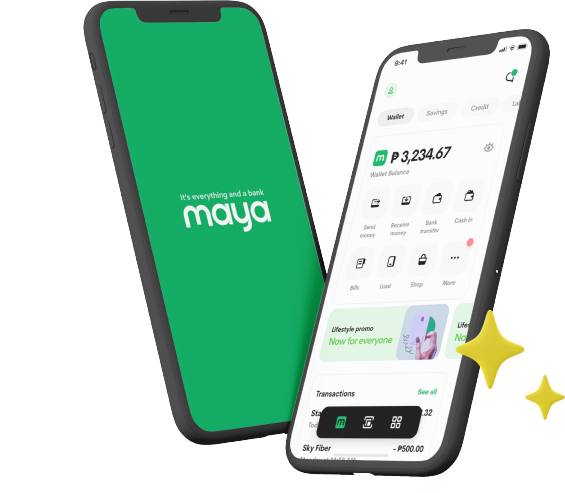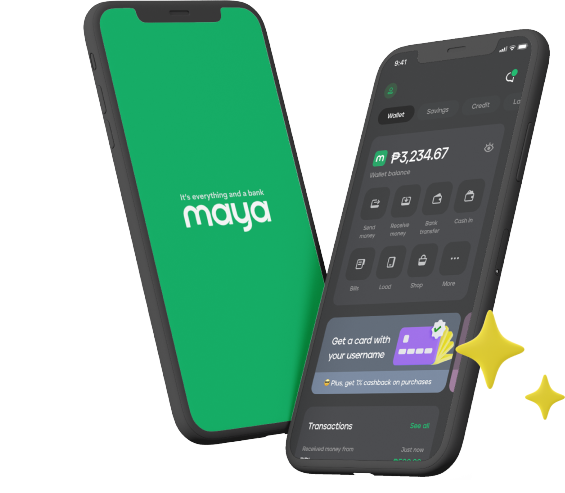
During times of urgent financial need, people turn to both formal and informal solutions to get the funds they need. Banks, for instance, offer a range of lending products, like personal loans and credit cards, which individuals may use to cover unexpected expenses or address cash flow shortages. However, most people wouldn’t immediately turn to these options due to the application requirements, processing time, or concerns about interest rates.
Many people often prefer to borrow money from a friend first, seeing it as a quicker and less complicated way to get cash. Friends, after all, also tend to be more understanding and willing to help. However, mixing money with personal relationships is rarely straightforward as financial transactions can introduce complexities beyond the immediate need for cash. While there’s nothing inherently wrong with borrowing money from a friend, it’s important to weigh the potential risks and benefits before making a decision.
Let’s examine the pros and cons of borrowing from friends and explore alternative solutions, helping you make a financial decision that safeguards both your finances and your relationships.
The Pros
One of the biggest advantages of borrowing money from a friend is the speed at which you can access the cash. Unlike banks or lending institutions that require applications, credit checks, and processing time, a friend can lend you money almost immediately. This can be especially helpful in urgent situations where time is critical, such as covering unexpected bills, medical expenses, or short-term financial gaps. Another key benefit is the flexibility in repayment terms. Traditional lenders impose strict due dates, penalties, and fixed payment schedules. A friend, however, often offers more lenient conditions. They may allow partial payments, extend deadlines, or adjust repayment terms based on your financial situation.
Lastly, you don’t have to worry about interest fees when borrowing from a friend. Typically, friends lend money without expecting extra charges, allowing you to focus solely on repaying the principal amount. This makes borrowing from a friend a more affordable and less stressful option, which can be especially helpful when dealing with financial difficulties.
The Cons
Borrowing money from a friend may seem uncomplicated, but the lack of a formal agreement can lead to complications. Personal loans between friends are often based on verbal promises, and this can create confusion about repayment expectations, deadlines, or even whether the money was a loan or a gift. Without a written agreement, both parties are left vulnerable to misunderstandings that could cause frustration and conflict.
Beyond the financial aspect, borrowing from a friend can bring feelings of guilt or obligation. Even if your friend assures you that there’s no rush to repay, you may still feel pressure to settle the debt quickly to avoid any awkwardness. On the other hand, your friend might expect you to repay them through acts of service, preferential treatment, or unwavering support, making social interactions feel transactional rather than genuine.
Perhaps the most significant risk is the potential for a strained relationship. Money has the power to create tension, especially if repayment is delayed or if your friend starts to feel taken advantage of. In many cases, unpaid debts have led to financial disputes that have caused long-time friendships to fall apart, leaving both parties with regret and resentment.
The Alternatives
While borrowing from a friend may seem like the easiest solution to a financial problem, it isn’t the only option. As mentioned earlier, formal lending institutions offer a range of products tailored to various financial needs. These alternatives provide structured terms and clear agreements that are worth exploring, making them more sustainable. Their availability also makes you less reliant on personal relationships for financial support, helping to keep your relationships intact.
Maya—the #1 digital bank in the Philippines—for instance, offers lending options that enable you to borrow money online with ease. One such lending product is Maya Easy Credit. This revolving credit line lets you borrow up to PHP 30,000, which you can repay up to 30 days after you use your credit, making it a convenient way to manage short-term financial needs. Take note that Maya Easy Credit is subject to credit evaluation, which means approval isn’t always guaranteed.
Applying for Maya Easy Credit is also a hassle-free process. As long as you’re a Philippine national and resident who is 21 to 65 years old and have an upgraded Maya account, you simply have to do the following and then you’ll be able to use Maya Easy Credit right away:
- Log in to Maya, go to the Credit tab, and tap Apply Now
- Set up your credit requirement and confirm all the details
- Once approved, accept the offer, and you can now use your credit to pay bills, dine, shop, and more
If your situation requires a more substantial amount of money, Maya Personal Loan lets you borrow up to PHP 250,000 instantly. This loan product has competitive add-on rates as low as 0.77% per month, and flexible repayment terms, ranging from 6 to 24 months. Keep in mind that this loan is also subject to credit evaluation, so it’s important to ensure your creditworthiness before applying.
To qualify for Maya Personal Loan, you must be a Philippine national and resident who is 21 to 65 years old and have an upgraded Maya account. You should also have been using Maya actively for your everyday transactions. When you’re ready to apply, follow these steps:
- Go to the Loans tab and tap Apply Now under Personal Loan
- Complete the application process and choose your loan offer
- Once approved, accept the offer, and get your loan instantly disbursed to your Wallet
With these options that make it easy to borrow money online in the Philippines, you can access additional funds without putting personal relationships at risk.
Financial decisions, no matter how small, can have lasting effects on both your personal and professional life. Borrowing money from a friend may seem like a simple solution, but it comes with responsibilities that extend beyond repayment. Before making a decision, it’s crucial to consider not just the immediate need for cash but also the potential impact on your relationships. Exploring structured lending options can provide a more sustainable approach, ensuring financial stability without the risk of personal strain.
You might also like
These Stories on Maya Bank




